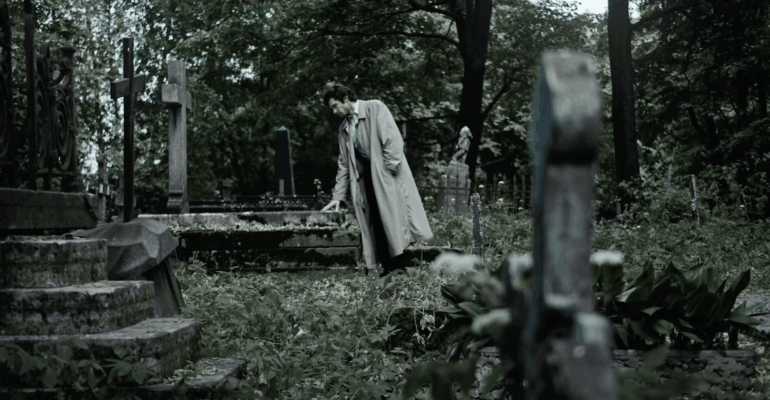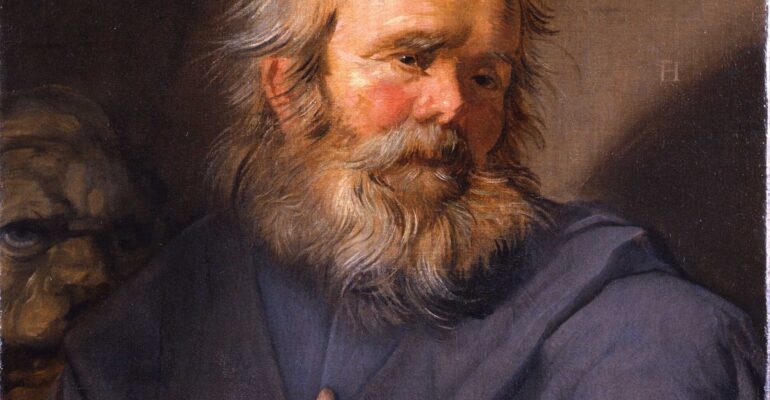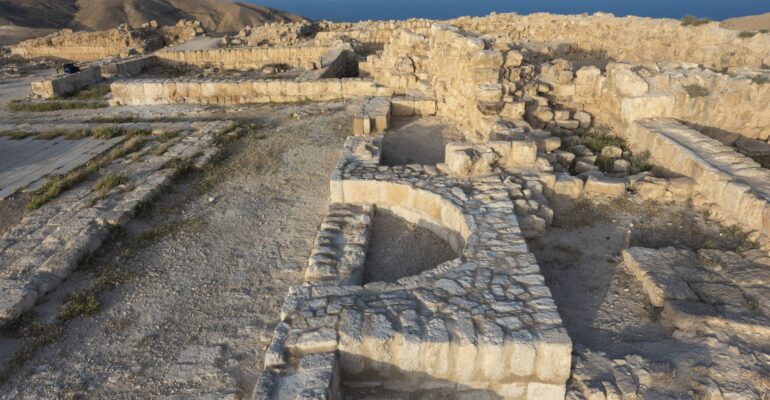Cart 0

James Renwick: Christian, Pastor, Martyr.
James Renwick: Christian, Pastor, Martyr.
Remembering the life of Christian martyr James Renwick
James Renwick: Christian, Pastor, Martyr.
Remembering the life of Christian martyr James Renwick
Remembering the life of Christian martyr James Renwick
in Tags
Born in Scotland in about 1662, James Renwick was a passionate and powerful Presbyterian preacher. His birth was also an unexpected answer to prayer. His parents, Andrew and Elizabeth lived in the hills of Glencairn, and though just a young couple, great tragedy had already befallen them. Every one of











